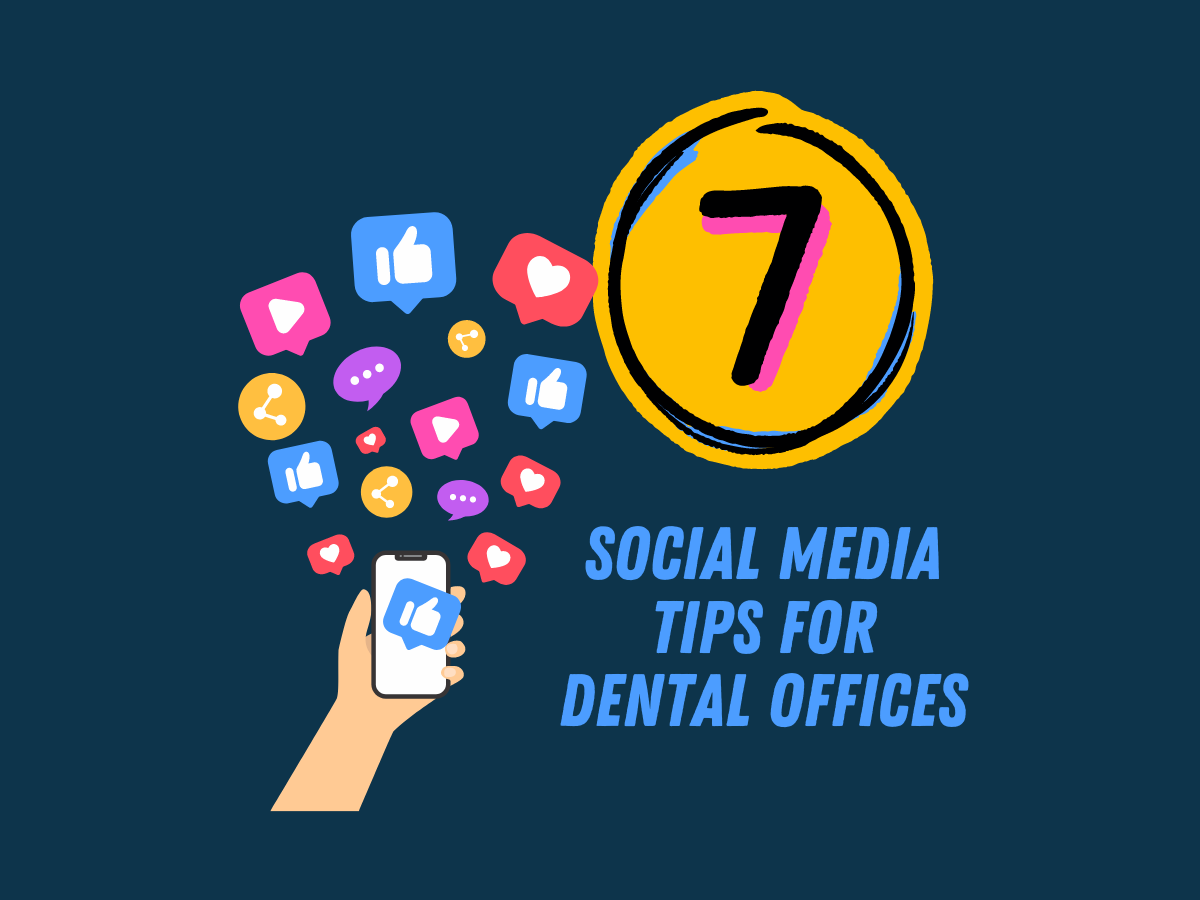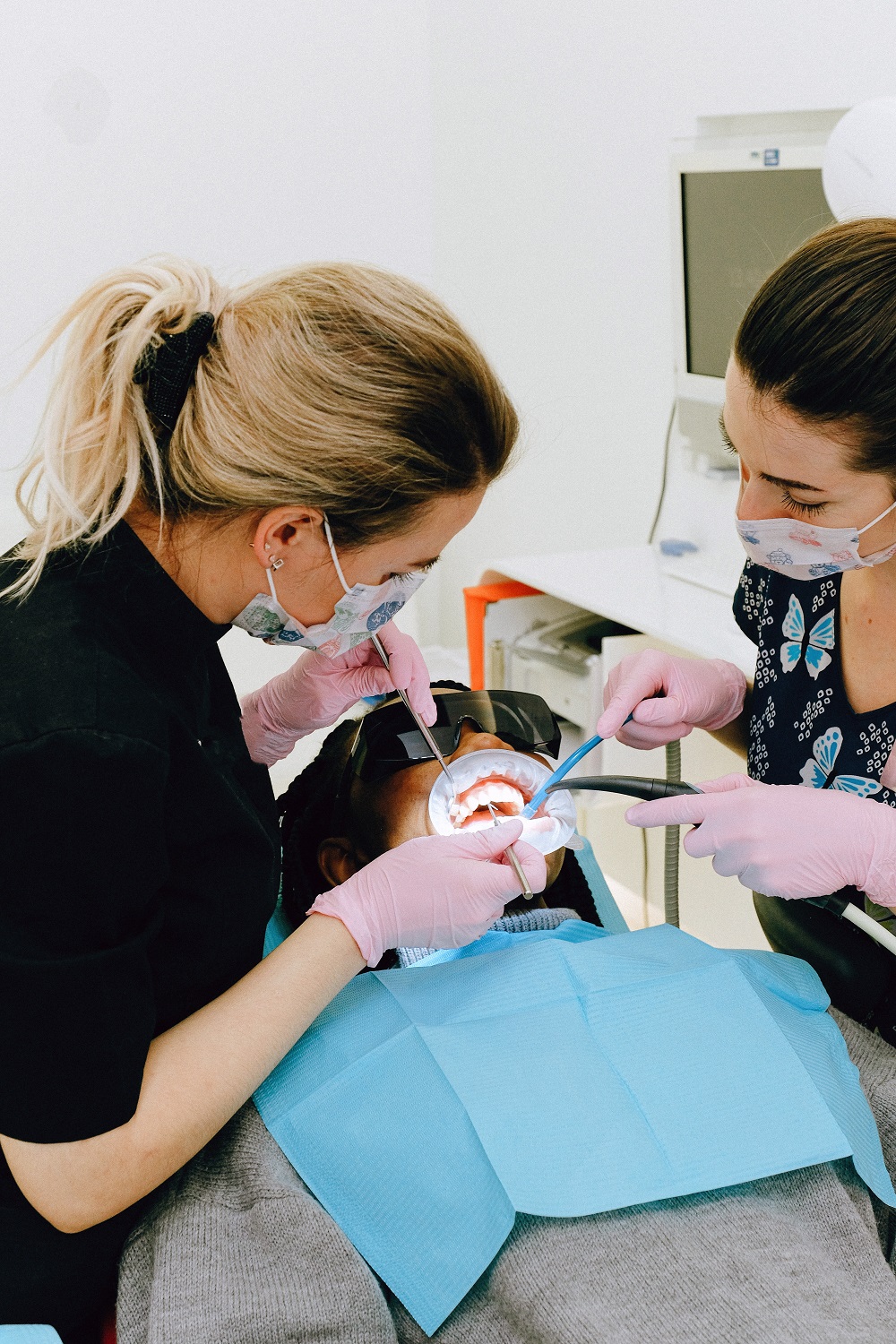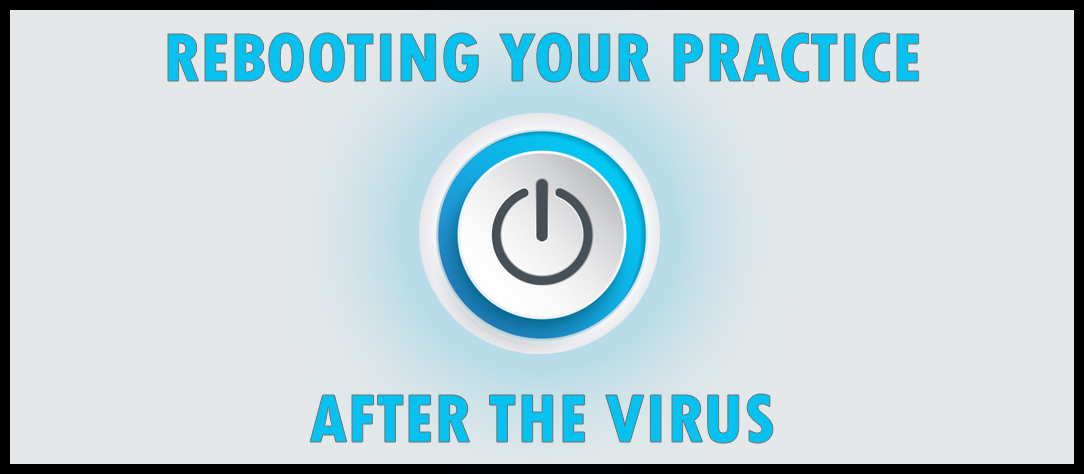How to Be an Effective Mentor
Becoming a mentor is a responsibility that should not be taken lightly. In many cases, a mentor is one of the most impactful professional influences a dental student or recent graduate will have in their career, and a vital component of their development process.
Surveys have shown that 78 percent of dental students “expressed a need for mentor programs” at varying levels. The desire to have an experienced professional guiding your dental development is smart, and those doctors that are chosen as mentors should feel honored, as well as responsible.
What is expected of a mentor?
- Mentors should always be focused on the big picture. It’s not just about helping a mentee determine optimal care techniques or weighing professional decisions. Often, mentees simply need an open, honest, supportive colleague that they can trust. This is why some of the best mentor relationships develop organically, from previously established relationships.
Don’t belittle your mentee.
- The reason a person needs a mentor is because they do not have the same level of expertise that you have developed from years of experience. Understand that there will be, and should be, instances that demonstrate this inexperience. That is why you are here. Offer constructive criticism that provides suggestions for improvement.
Be prepared for long conversations.
- Time and patience are two of the most valuable assets you can offer to a mentee. Reflect on your early career. Remember the indecision and apprehension that clouded your every move? Experience breeds confidence, and until then, mentors can provide a confident sounding board for a mentee who simply needs to talk it out.
How to get started.
- Discussing mutual expectations and setting goals is vital to establishing a healthy mentoring relationship. Defining goals with target dates will help both parties remain dedicated to the process, regardless of life or work distractions. Develop a timeline and structure to ensure your mentee is realizing the professional milestones you both hope they achieve. Remind your mentee to keep their goals realistic and motivating for optimal career progression.
How to select a mentee.
- Find someone who wants to learn and actively seeks growth. Someone who isn’t playing on their phone or chitchatting with staff between patients. Look for the same passion, drive and hunger that has made your career a success.
As a mentor, focus on engaging your young associate in professional activities that you can explore together, such as local dental society events. Mentees should be eager to soak up these mentorship experiences. Always keep your door open. Although some days will be tougher than others, you should never be too busy or preoccupied to listen to the concerns of your mentee.










